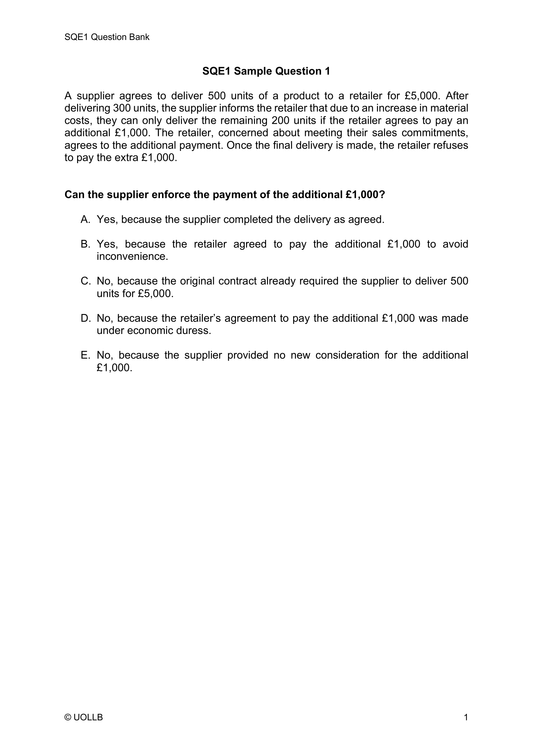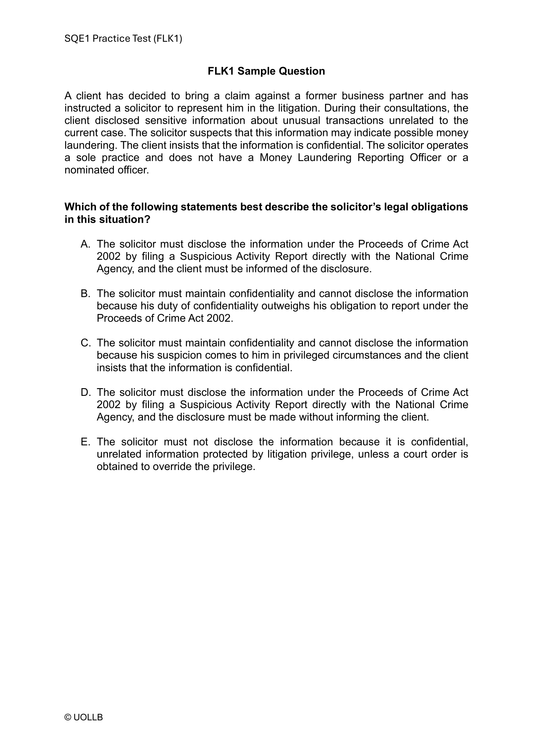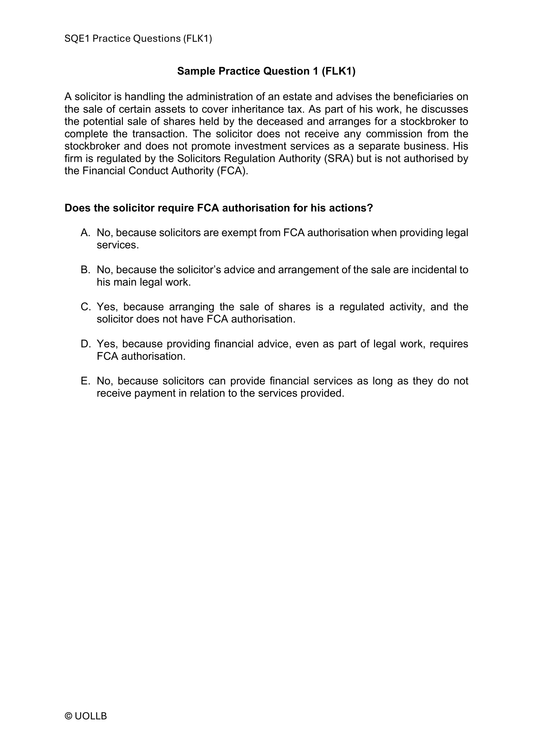Lack of Contractual Capacity
Share
In Contract law, there are certain requirements that must be met for a contract to be considered valid. One of those requirements is that the parties to the contract must have the contractual capacity to enter into the agreement.
Contractual capacity refers to the legal ability of an individual or entity to enter into a contract and be bound by its terms. In other words, it refers to the capacity of a person to make a legally binding agreement. There are several situations that can result in a lack of contractual capacity:
Minors: Generally, minors (persons under the age of 18) are considered to lack the legal capacity to enter into binding contracts. The law assumes that they do not have the maturity or judgment required to make binding agreements.
Mental incapacity: People who are mentally incapacitated due to illness, disability, or intoxication may not have the capacity to enter into contracts. This includes individuals who are under the influence of drugs or alcohol, or those who have a mental illness that impairs their decision-making abilities.
Duress or coercion: If an individual is forced or threatened into entering into a contract, they may not have the capacity to consent to the agreement. This can happen when someone is pressured or threatened to sign a contract against their will.
If a person lacks the contractual capacity to enter into a contract, any agreement they make may be considered void or unenforceable. This means that the person may not be held responsible for performing the obligations set out in the contract, and the other party may not be able to enforce the terms of the agreement.
Contractual capacity refers to the legal ability of an individual or entity to enter into a contract and be bound by its terms. In other words, it refers to the capacity of a person to make a legally binding agreement. There are several situations that can result in a lack of contractual capacity:
Minors: Generally, minors (persons under the age of 18) are considered to lack the legal capacity to enter into binding contracts. The law assumes that they do not have the maturity or judgment required to make binding agreements.
Mental incapacity: People who are mentally incapacitated due to illness, disability, or intoxication may not have the capacity to enter into contracts. This includes individuals who are under the influence of drugs or alcohol, or those who have a mental illness that impairs their decision-making abilities.
Duress or coercion: If an individual is forced or threatened into entering into a contract, they may not have the capacity to consent to the agreement. This can happen when someone is pressured or threatened to sign a contract against their will.
If a person lacks the contractual capacity to enter into a contract, any agreement they make may be considered void or unenforceable. This means that the person may not be held responsible for performing the obligations set out in the contract, and the other party may not be able to enforce the terms of the agreement.


























































